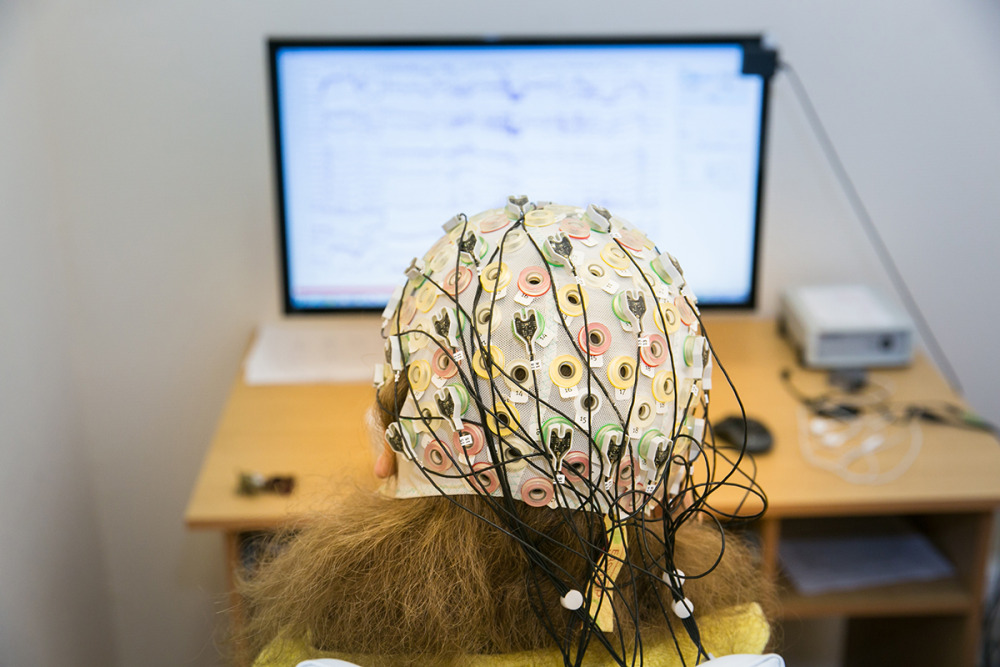‘Mega-grants’ for HSE Research Departments

The Russian government recently announced the results of the sixth round of ‘mega-grants’ for research at Russian universities and research centres. Among the winners there are three HSE research projects.
The annual competition for government grants showcases research supervised by leading scholars at universities across Russia. This year, 358 scholars from 41 countries were in the running, together with over 170 research and educational institutions throughout the country. 35 winners were chosen, including the following representatives of HSE:
The HSE Centre for Cognition & Decision Making, together with neurobiologist Mikhail Lebedev (Duke University), was awarded a grant for developing bidirectional electrocorticographic brain/computer interfaces for control, stimulation and communication.
The HSE Center for Language and Brain, together with Yvonne Roelientje Maria Bastiaanse (University of Groningen) received a grant to carry out research on speech disorder prevention, diagnosis and correction.
The HSE Faculty of Economic Sciences will use their grant to carry out statistical modeling of the national currency’s subnational purchasing power, under the supervision of Prasada Rao (University of Queensland).
The government ‘mega-grants’ provide funding for a period of 3 years.

